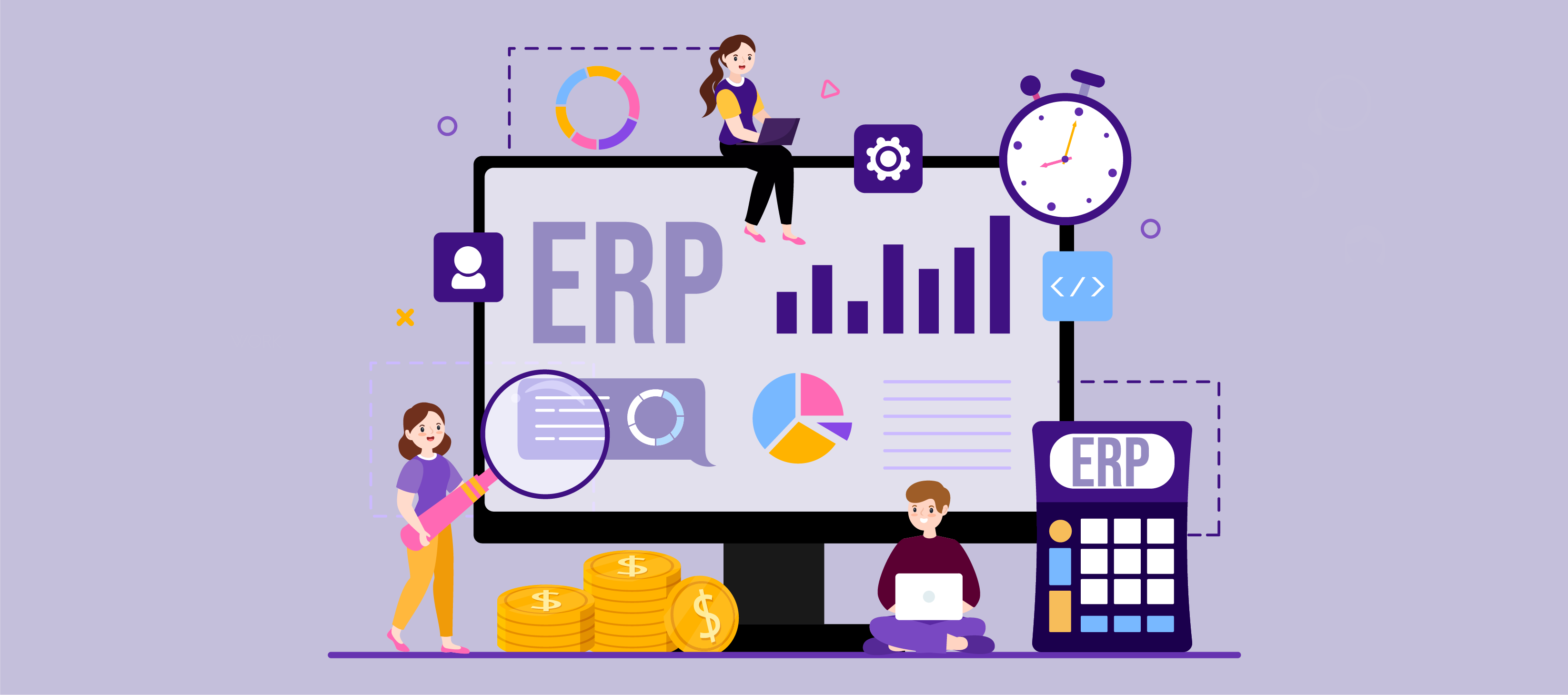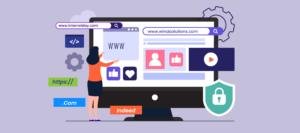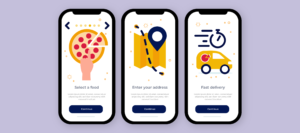Technology has made businesses more efficient and manageable, and ERP is one of the greatest alternatives for modernizing business activities and resource management. With the advancement of Artificial Intelligence in mobile app development, every company vertical now needs ERP for their operations.
When it comes to optimizing work processes, effective resource planning, and good company administration, an ERP system is a must-have tool. ERP software development companies may assist every organization that involves complicated features, some more than others.
Moving on to ERP market data, the ERP industry is still expanding rapidly, with the entire market size predicted to hit $49.5 billion by 2025. As a result, as long as it is about simplifying and controlling an organization, significant industries possess ERP.
Whatever the industry, ERP software providers are in command worldwide. Are you interested in discovering information about other examples of ERP applications that use such type of software? Learn more by reading this blog!
What Exactly is ERP?
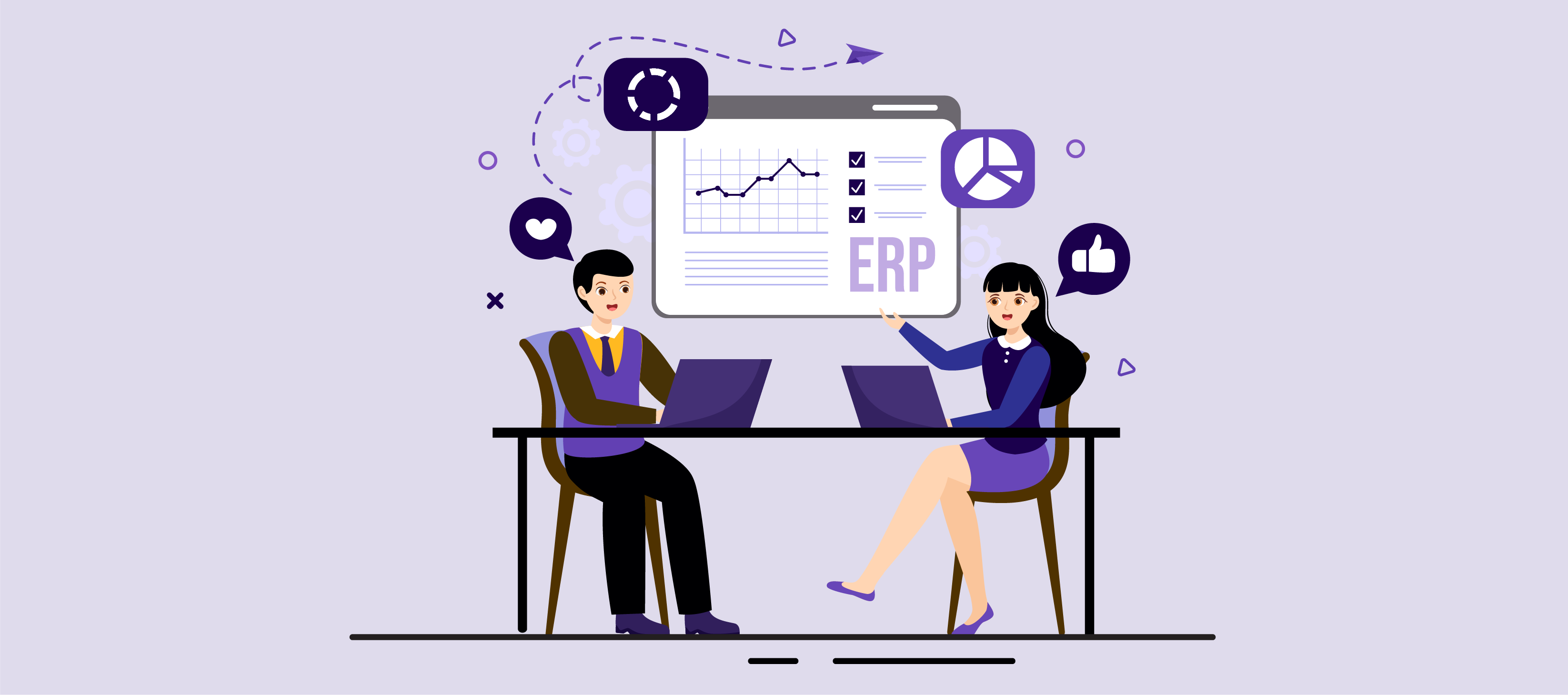
ERP stands for enterprise resource planning, and it is a software solution that assists organizations in managing their operations. The systems combine data from various departments inside a company, including accounting, production, sales, and customer support. This enables businesses to have an overall view of their operations and make more informed decisions.
In simple terms, ERP is a business management software that helps businesses run more efficiently and effectively. This is accomplished through the automation of jobs, the streamlining of procedures, and the provision of real-time data insights.
Here’s an examples of ERP applications to help you understand what ERP is:
Consider yourself the owner of a restaurant. You must keep track of your inventory (food, beverages, supplies, and so on), sales, costs, and workers. You must also be able to accept client orders, make food and drinks, and serve them to customers on time.
All of these tasks may be managed in a single system with the help of an ERP system. It can keep track of your inventory, process orders, produce invoices, and handle payroll. Moreover, It can also give you information that helps you track your performance and make better business decisions.
What do ERP Systems Perform?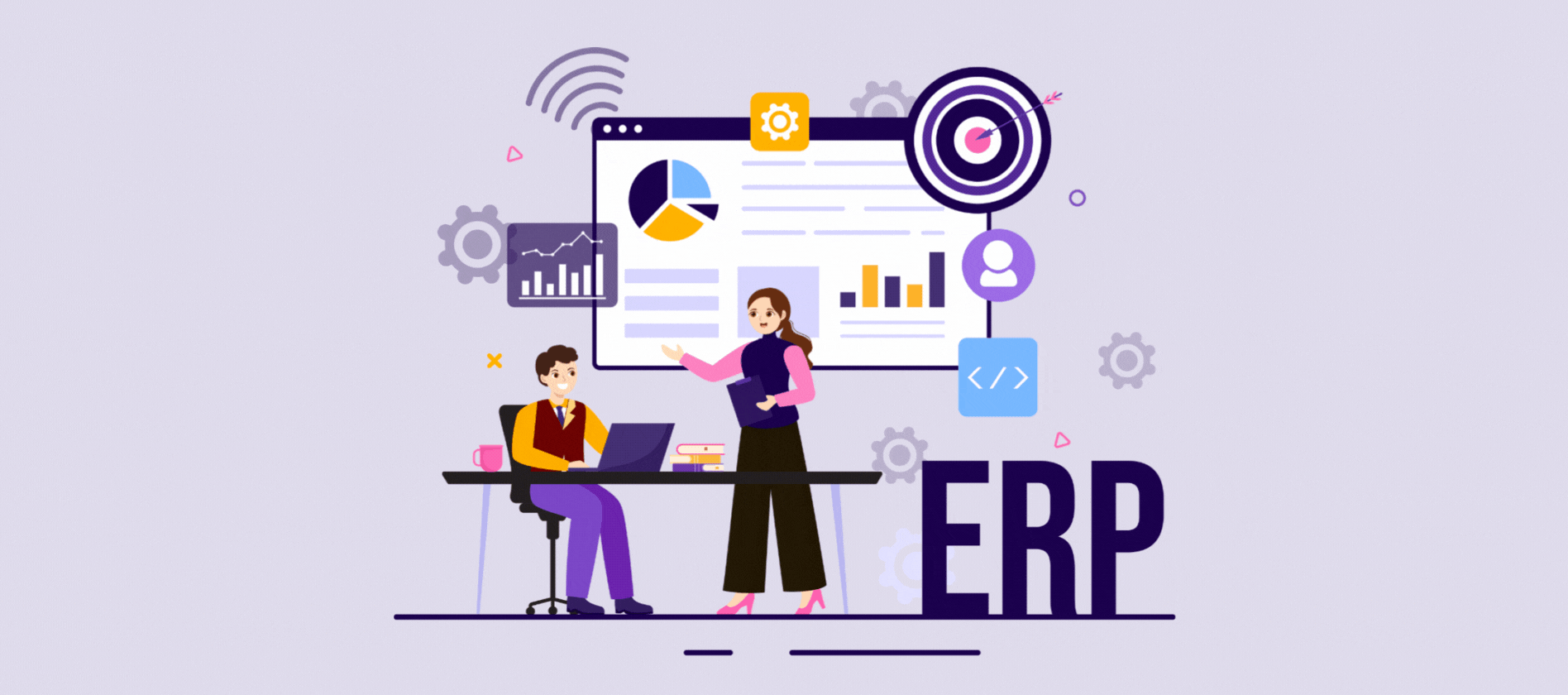
ERP systems are software solutions that help businesses in managing fundamental business activities, including accounting, finance, human resources, manufacturing, and supply chain management. They do this by combining data from all of the company’s departments into a single system. Examples of ERP applications enable businesses to have a single point of view of their operations and make more informed decisions about how to conduct their operations.
- Streamlined processes and automated tasks: ERP systems may assist in streamlining their operations and automating several jobs, such as order processing, inventory management, and financial reporting. This allows employees to focus on more critical responsibilities while also assisting organizations in improving their efficiency and production.
- Improved visibility and insights: ERP systems give companies an integrated view of their operations, allowing them to discover areas for improvement and make more informed decisions. For example, companies may utilize ERP data to evaluate sales patterns, find successful items, and uncover cost-cutting opportunities.
- Cost savings: ERP systems may help businesses save money in a variety of ways, including lowering the need for human data input and enhancing inventory management.
- Improved customer service: ERP systems may assist companies in improving customer service by offering a better knowledge of their consumers and expediting the order fulfillment process.
- Enhanced compliance: ERP systems can help businesses comply with complicated rules by providing the tools and resources required to manage and report on data.
Top 10 Examples of ERP Applications
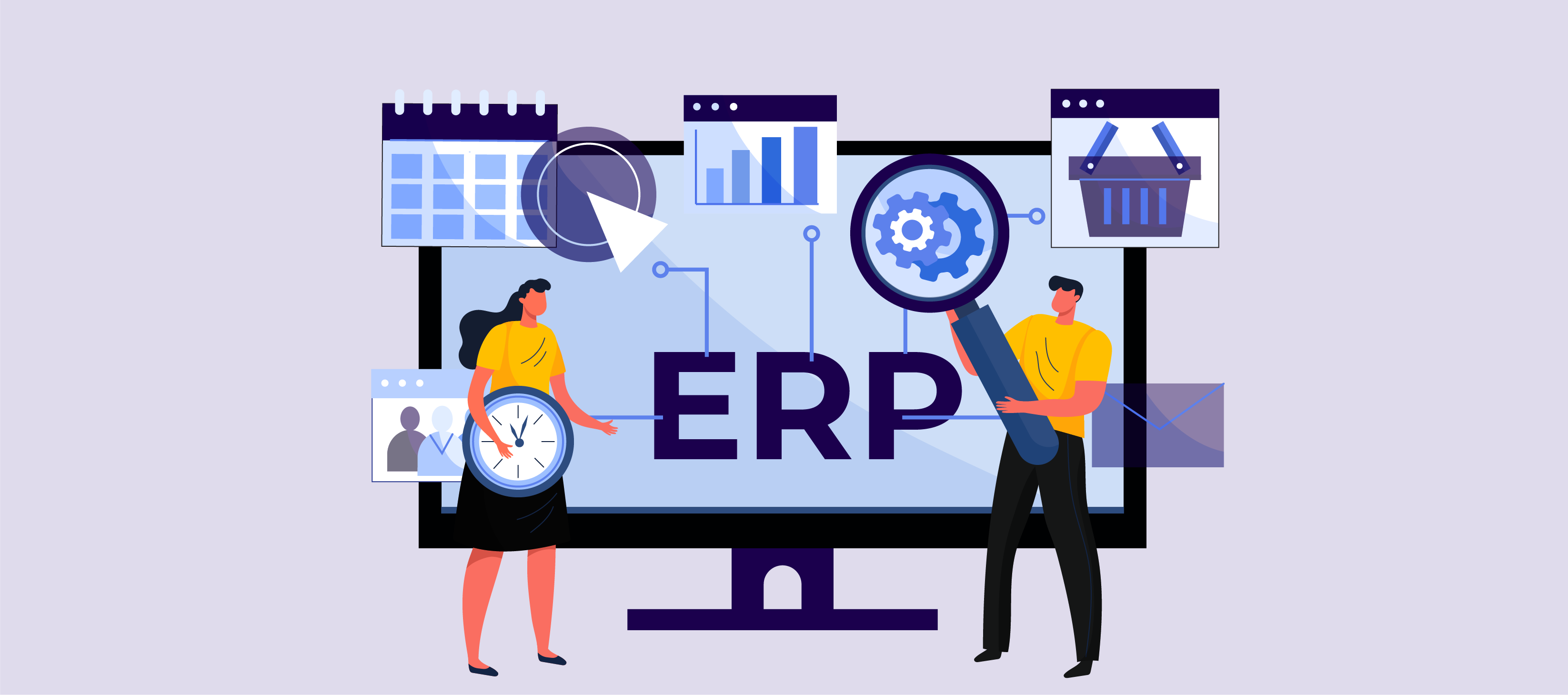
1. Manufacturing
ERP systems help manufacturing companies streamline their production processes, improve inventory management, reduce costs, and enhance customer satisfaction. Additionally, ERP systems can help manufacturers improve their inventory management by tracking inventory levels in real time and providing insights into demand patterns. This can help manufacturers to avoid overstocking and understocking and to ensure that they have the right products on hand to meet customer demand.
For examples of ERP applications, this system can be used to track the movement of materials through the production process, automate the ordering of raw materials, and schedule production runs. Moreover, this can help manufacturers to improve efficiency, reduce waste, and increase profitability.
2. Retail
ERP systems help retail companies manage their inventory levels, track sales, improve customer service, and make better decisions. Furthermore, examples of ERP applications can help retail companies improve their customer service by providing customer service representatives with a single view of all customer interactions.
For example, an ERP system can be used to track the movement of inventory from warehouses to stores, track sales data, and generate reports that can be used to identify trends and make better decisions about pricing and promotions.
3. Healthcare
ERP systems help healthcare organizations to improve the quality and efficiency of patient care, reduce costs, and comply with regulations. Additionally, ERP systems can help healthcare businesses comply with regulations by providing them with tools to track and manage patient data.
For example, an ERP system can be used to track patient medical histories, manage patient billing, and schedule appointments with doctors and other healthcare providers. This can help healthcare companies to provide better patient care, reduce costs, and improve operational efficiency.
4. Financial services
ERP systems assist financial services businesses in managing client accounts, tracking financial activities, and complying with laws. Furthermore, ERP systems could help financial services firms mitigate risk by offering tools for tracking and managing financial data. This can assist financial services firms in identifying and managing risks, as well as protecting themselves from financial losses.
For examples of ERP applications, this system can be used to track customer loan accounts, process financial transactions, and generate reports that can be used to comply with financial regulations.
5. Education
ERP systems help educational institutions in improving educational quality and efficiency, lowering expenses, and improving communication with students and parents. Furthermore, by improving administrative procedures and automating jobs, ERP systems may assist educational institutions in lowering expenses. Examples of ERP applications allow staff to focus on more vital responsibilities like educating and connecting with pupils.
For example, an ERP system may be used to track student enrollment, manage student grades, and create reports that can be utilized to analyze student development and highlight areas for improvement. This might assist educational institutions in providing a better education for their students.
6. Transportation and logistics
ERP solutions assist transportation and logistics in managing fleet operations, tracking shipments, and adhering to laws.
For example, an ERP system may be used to track the position of cars, control fuel use, and provide reports that can be used to identify areas for improvement. This can assist transportation and logistics organizations in lowering costs, increasing efficiency, and complying with laws.
7. Construction
Examples of ERP applications enable construction in project management, cost tracking, and regulatory compliance.
For example, an ERP system may be used to track project timelines, manage materials, and provide reports that can be utilized to identify areas for improvement. This can assist construction organizations in lowering costs, increasing efficiency, and completing projects on schedule and within budget.
8. Energy and utilities
Energy and utility firms use ERP systems to manage assets, measure energy use, and comply with laws.
For example, an ERP system may be used to track the location of power plants and transmission lines, manage energy consumption statistics, and provide reports that can be used to identify areas for improvement. This may help energy and utility firms in lowering costs, increasing efficiency, and complying with laws.
9. Public sector
ERP systems assist the government in managing their money, tracking assets, and complying with rules.
For example, an ERP system may be used to track government expenditures, handle taxpayer information, and provide reports that can be utilized to highlight areas for improvement. This can assist public-sector organizations in lowering expenses, increasing efficiency, and complying with rules.
10. Nonprofits
Examples of ERP applications assist NGOs in managing donations, tracking spending, and complying with laws.
For example, an ERP system may be used to track donor contributions, handle grant applications, and provide reports that can be used to track the impact of their programs. This may help NGOs enhance their efficiency and effectiveness, as well as guarantee that their resources are being used properly.
Reasons Why ERP is Important
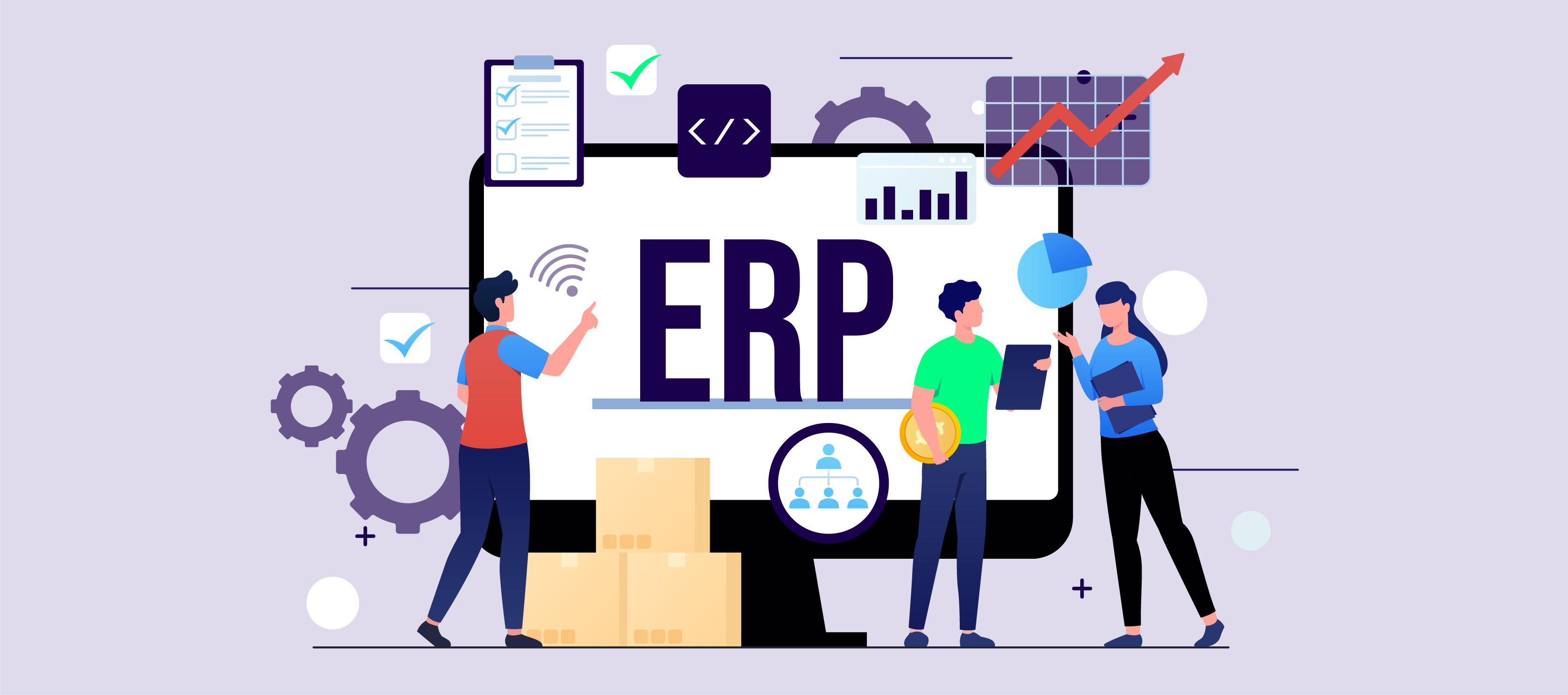
1. Reduce Errors
An ERP system enables you to remove human error dramatically. When departments utilize their independent systems, they may enter incorrect or inconsistent data into each system. Everything comes together with ERP software, so information only has to be entered once. This data travels across the system, with each department having access to the accurate original data.
2. Increase Efficiency
No corporation likes to carry unnecessary inventory when they can avoid it. An ERP system tells you exactly how much stock you need for each job and when you need it. ERP software also enables you to automate many of your procedures, resulting in increased efficiency across the manufacturing process. This implies less duplication, better resource allocation, and fewer interruptions.
3. Save Money
ERP systems help businesses save money in a variety of ways. For starters, they may assist companies in lowering costs by simplifying procedures and automating jobs. Second, ERP systems may assist organizations in better managing their inventories. ERP systems assist organizations in avoiding overstocking and understocking by managing inventory levels in real time. Third, ERP systems may assist companies in negotiating better rates with suppliers.
4. Offer Improved Analytics
ERP systems give a lot of data to companies that may be utilized to improve decision-making. Examples of ERP applications may give firms a comprehensive view of their operations by integrating data from all parts of the business. This data may be utilized to pinpoint areas for improvement, track performance over time, and make more informed strategic decisions.
Conclusion
These are just a few examples of ERP applications of how companies in many sectors use ERP to better their operations. If you are thinking about establishing an ERP system for your company, it is critical to select a solution that has been particularly created for your sector. This ensures that you get the most out of your investment and receive the biggest return on your investment.

